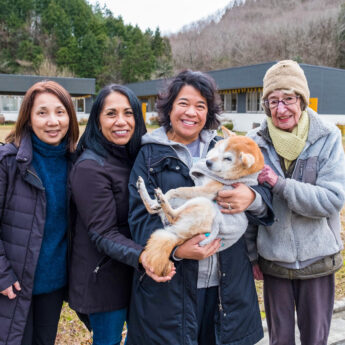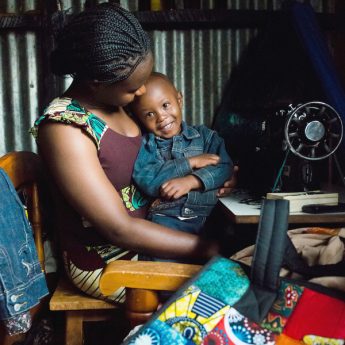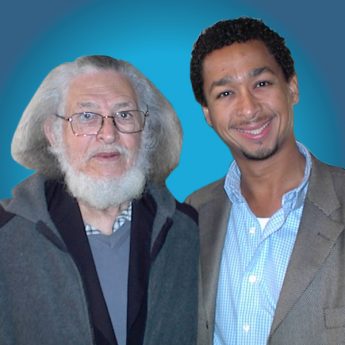Refugees have much to give, but their growing plight hinders development, security and business. We can help
World Refugee Day is held on 20 June, but for millions around the world, it is every day. Refugees live a life torn apart, and are living in limbo with little hope for the future.
Moreover, the problem is not going away but, rather, grows each year.
António Guterres, the United Nations High Commissioner for Refugees, recently painted a grim picture of the current situation in which millions of people need help through no fault of their own.
Sadly this is not a new problem; refugees were defined as a legal group following the exodus of large numbers of people from Eastern Europe after World War II. However, the right to seek asylum goes back to AD600.
Conflict and the subsequent displacement it causes cost the world millions of dollars. It affects us all as it hinders development, creates security problems and upsets trade routes.
In addition, camps for the displaced provide recruiting grounds for insurgent groups: disaffected youth with no role in the community and a bleak future.
The plight of refugees and internally displaced persons (IDPs) is exacerbated by the fact that they are not always welcome in their place of refuge, where they often face further discrimination.
Today, there are more IDPs than refugees, because neighbouring countries find it hard to support the huge numbers who are competing for limited resources.
IDPs face similar problems, but getting assistance may be more difficult, since they are still under their sovereign government. In addition, non-governmental organisations need permission to work in a country.
The common image of refugees is one of poor, uneducated groups who are unable to support themselves. This is a distorted view, based on pictures of people fleeing a country with nothing.
The truth is that many refugees have had to leave their wealth behind, and make their way as best they can. Given the right conditions, thousands go on to build successful careers and make valuable contributions to society.
Refugees have important skills to contribute and, in many cases, have made a positive impact on peace negotiations. They contribute to agricultural production, provide affordable labour, and help vendors maximise their income as a result of skills they have developed in the process of survival.
During George Okoth-Obbo’s recent visit to Tokyo, the director of the UNHCR Africa Bureau told us that, although the costs of the Africa programme cover the immediate emergency needs and day-to-day care of refugees, they do not address the important issues of employment and the future. That is crucial for rebuilding and dealing with the trauma that refugees face.
Providing hope to displaced individuals is essential. Yes, we need to provide facilities for the displaced, but we must also consider their human needs, such as dignity, self-respect and confidence.
Programmes that provide training in developing (or re-developing, in many cases) leadership skills, peaceful negotiations and legal rights help to address this.
Under the right of return, in which any person has the right to re-enter his or her country of origin, people also have the right to the same property.
The ownership of land is one of the biggest problems in conflict situations. Returning home is tough in so many ways—expectations vs reality. Nothing is the same and there is usually a lot of rebuilding to be done.
Regaining land is very difficult: it may have been occupied by someone else; documents may have been lost; or the infrastructure may have been badly damaged.
Refugees have no status; they are not able to live in their own land but are not given status in their place of refuge. Children growing up in refugee camps may never be able to prove their nationality.
Think of the problems this causes. There are the obvious ones—the right of abode and the right to vote—as well as the right to education and the right to health services. From a psychological angle, it means you are nobody.
For millions of people this can go on for years: Palestinians first fled their homes in 1948; Burmese refugees have lived in Thailand for over 20 years; and people in the Casamance region of Senegal have been flowing backwards and forwards across the border with Gambia since 1989.
Although I paint a grim picture of the situation, I often see the positive side when visiting those who are being supported by projects funded by Refugees International Japan.
I often meet people who are making the best of their situation, and it is truly inspiring (a word I use a lot!) to see how much can be done with so little.
These people are asking for nothing more than to lead a normal life of freedom, like you and I. You can help us provide hope for the future—a future for us all.
More details:
http://refugeesinternationaljapan.org/





